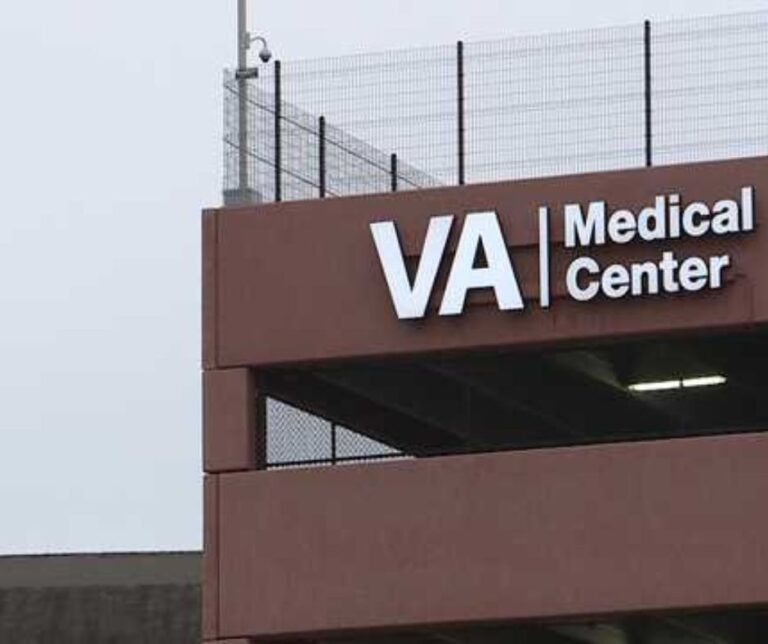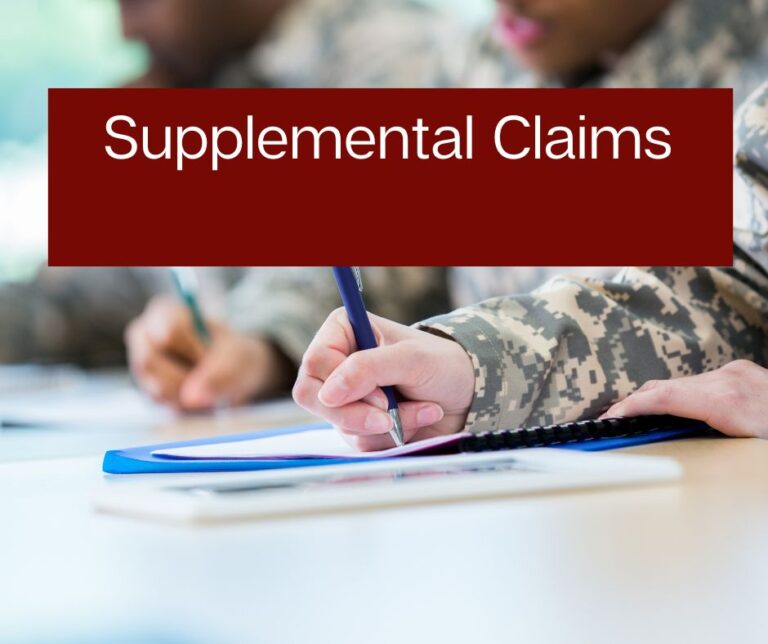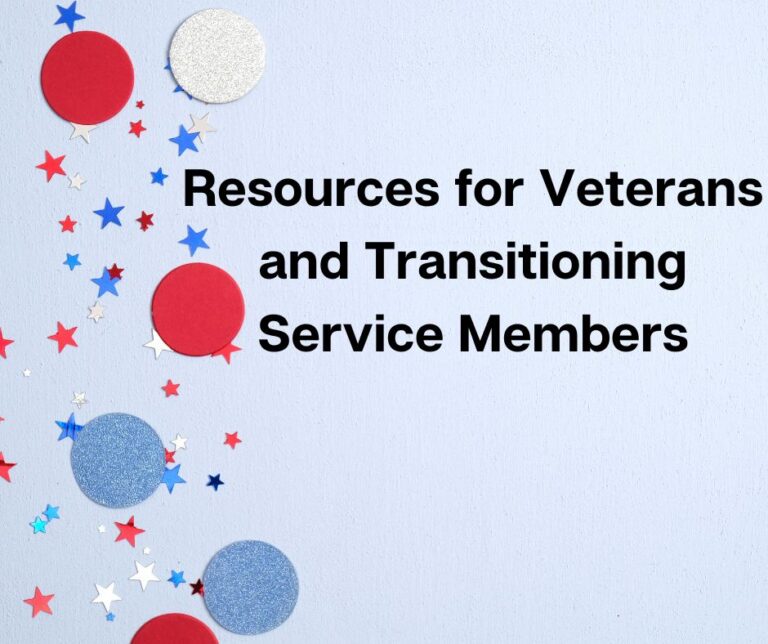If you have had any dealings with the VA Compensation system, you have likely heard of a nexus letter. People treat the nexus letter like a ‘silver bullet’ to cut through VA red tape.
Did you get denied for your disability?
"Get a Doctor to write a nexus letter!" "All you need is a nexus letter!" "Just have the Doctor write a letter that the condition is related to service."
With all of the hyperbole and misinformation, what is the truth about nexus letters? And, why do doctors on the internet advertise that they will write one for thousands of dollars? Why do most doctors not want to write a nexus letter?
What Is A Nexus Letter?
Let us start by answering a question that comes up often. What exactly IS a nexus letter?
A nexus is a link. You can think of it as a connection or a relationship. Remember the 3 requirements in order for the VA to award compensation.
Diagnosis of a current disability. Incident in service. Link/Relationship between the two
In other words, you must be able to link your current illness or injury (disability) back to something that occurred while you were in Service.
This is one of the most common reasons that compensation claims are denied. It gets denied because the Veteran fails to furnish proof of a nexus between the current disability and something which occurred in service.
There must be evidence of a nexus between the current disability and service. In addition, while there are some exceptions, that evidence usually needs to be a competent medical opinion. The VA applies some other rules for chronic conditions (listed in 38 CFR§ 3.309).
Competent Medical Evidence
Why won’t the VA take my word for what is wrong? My back, or shoulder, or leg has been hurting for five years. It is hurting in the same place that I hurt it in Service. Isn’t that enough?
The short answer is, not usually. Competent medical evidence is evidence by a medical professional who is duly qualified through education, training or experience to present the evidence. In most cases lay persons simply do not have the specialized knowledge to present a medical opinion. The regulation goes on to say that “statements contained in authoritative writings such as medical and scientific articles and research reports and analyses” (38 CFR § 3.159 – Department of Veterans Affairs Assistance in Developing Claims. n.d.) are also included in competent eviden
Veterans should understand, though, that a simple letter from a Doctor stating that the current condition “in my opinion is more likely than not connected to their military service” will likely not hold a lot of weight with the VA. That is because there is no actual evidence that such a connection could be possible. Competent evidence will include reasons why the connection, or nexus, could exist. The doctor will review all of your medical records including your Service Treatment Records. When they know your medical history, the doctor will write the nexus letter. Also, a doctor may mention in the nexus letter medical evidence. Research or published journal articles will help to validate their opinion.
Nexus Letters For Secondary Issues
TMJ secondary to PTSD. PTSD secondary to tinnitus. Sleep Apnea secondary to PTSD. There are as many ideas of secondary disabilities as there are disabilities to link with. And, in many cases, no one has done studies to link the disabilities. Therefore, Veterans will need to obtain a doctor’s opinion, backed by medical evidence. These nexus letters are often difficult to get, because often there simply isn’t the evidence to support the claim. Because of this, most doctors are unwilling to speculate about the connection of a secondary disability to a primary if it is not well known.
Lay Nexus Letters
Do not forget the importance of lay nexus letters. They may still be important. Though a lay person may not be able to diagnose sleep apnea, a buddy who slept beside the Veteran while deployed may submit a letter. He could explain about the Veteran’s incessant loud snoring and concerning pattern of stopping breathing while asleep. Observations such as this can help explain that the condition began while in service. Letters like this, along with a current diagnosis, could help hasten the claim.
Why Are Nexus Letters Difficult To Get?
Do a search online for how to get a nexus letter and the results range from advice to find a lawyer, to paying a doctor thousands of dollars for the letter. Why is it so difficult to get a nexus letter from a doctor? Because most doctors are, understandably, unwilling to make such a statement. Remember the VA will use the nexus letter in as evidence in a claim and the Veteran in the claim will hopefully receive monetary compensation. Because of the money involved, doctors will not usually put their integrity on the line.
That also explains why there are some doctors online who charge exorbitant amounts of money to write such a letter. The doctor, if doing a proper job, would need to get all of a Veterans medical records and review them before writing the letter. The process can be long and involved. These handfuls of doctors will usually charge a large fee for the service.
How Do I Get A Nexus Letter?
Remember that you are working to link your condition to your military service. For a few cases the VA may not need medical evidence. A common question is how to link sleep apnea diagnosed after Service back to the time in service. In this case, one or two ‘buddy’ letters who witnessed your symptoms while in Service with you may be sufficient for the rater to accept. In addition, a former Commander may write a letter about a soldier experiencing a traumatic experience. The letter (with details) could tell when the soldier began to exhibit signs of PTSD may be enough to get the PTSD service connected.
The point is that you are not necessarily trying to get your current condition diagnosed. Hopefully this has already been done. Now you need to connect it to service, and if you cannot get a doctor to write a nexus letter, then look at other ways to connect it.
The best advice is to find a qualified Veteran Service Officer. VSOs have experience dealing with denials from the VA. Because of this, they have probably seen many different types of nexus letters and will be an invaluable source of assistance in attempting to correctly connect your condition with service.
As always, if you have any questions please don’t hesitate to reach out to us. You can email us at info@nwavet.org. Follow us on Social Media to stay up to date with all of the information we post as well as training opportunities for Veterans.
God Bless
from NWAVet








looking forward to obtaining information about up grading my claim for compensation
Michael, the best idea is to talk to an accredited VSO about your claim and let them assist you. There is a lot that goes into filing for an upgrade. It is possible to do it on your own, but VSOs receive training in navigating the paperwork. And…they are FREE. Your county Veteran Services office should have a VSO working there. Take advantage of their knowledge and help.
I now understand that the VA may not require medical proof yet getting a nexus letter linking sleep apnea to military service may be quite tricky. I think for these cases, getting a service provider would be the best choice since they will work for your best interest if the claim is authentic. It would be nice to find one that would respect even the most minor claims.